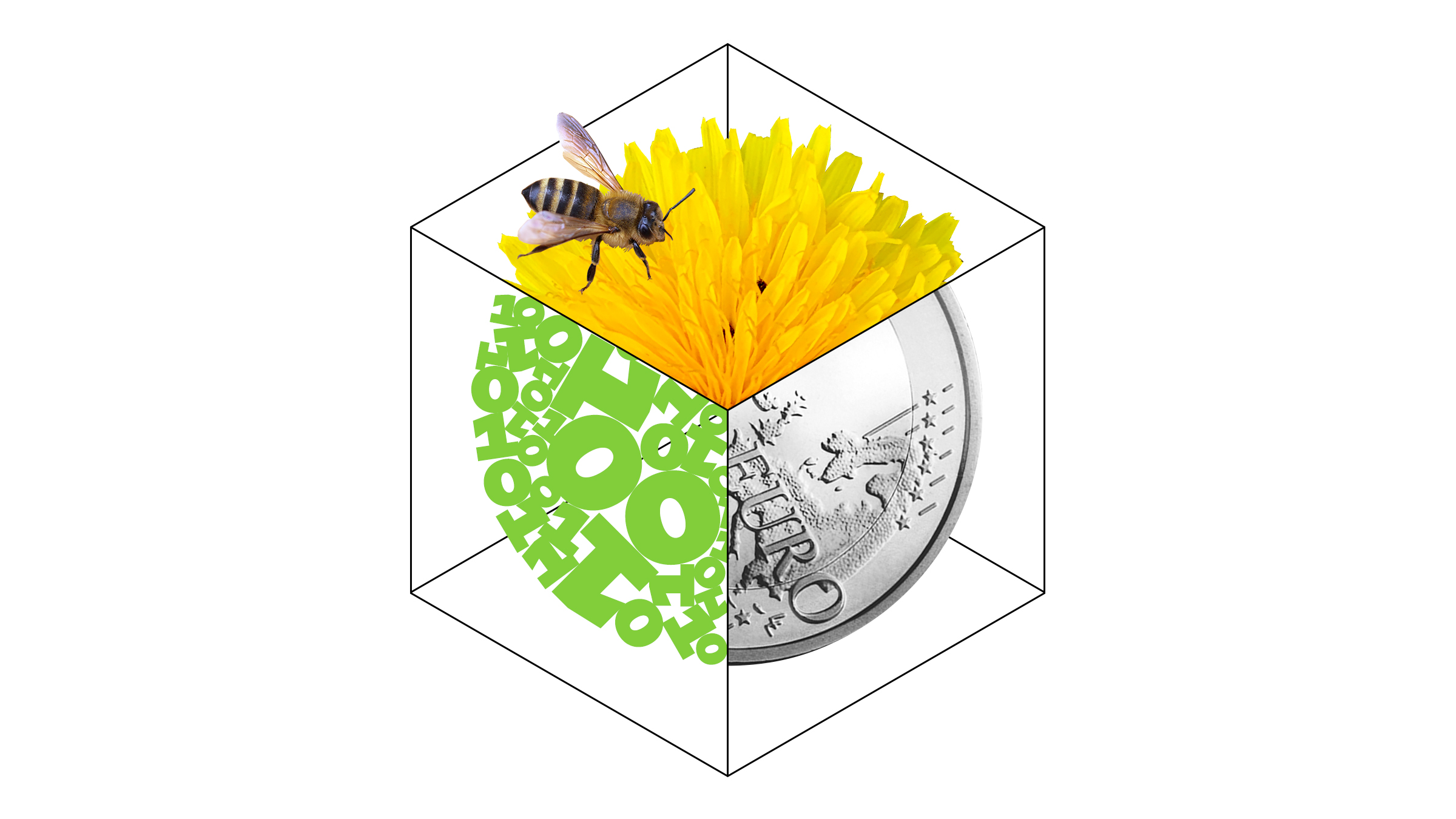In exceptional situations, co-operation, partnerships and capacity for renewal in particular are invaluable assets when building sustainable business. Sustainable business is built on trust between companies and individuals.
We have undertaken efforts to create a more sustainable future with the Making data part of CSR workshop series that was completed in early June. We were able to form a shared understanding of the theme with a few dozen trailblazer companies and organisations operating in Finland. But what do we need a mutual understanding for, and what resources are at our disposal for creating this future?
A change-oriented mindset encourages acting in a fair way
At times, it is a good idea to return to basic questions, such as why should work be done to promote a fair data economy? In other words, why is it important that companies incorporate sustainable data use into their strategies and day-to-day sustainable business? Could we be satisfied with the status quo or alternatively think about whether there is still some room for improvement in it? What do we want the future to look like from the point of view of data use and especially its subjects, consumers? Companies are also interested in whether the business models of a fair data economy are profitable.
Sitra’s work starts from a change-oriented mindset. The new model of a data economy is also based on an understanding and insight that consumers want better opportunities to influence the use of their own data and an understanding of how personal data is used in digital services. Companies, on the other hand, want a fairer competitive playing field in relation to larger international operators. The tools and new operating models of a fair data economy should provide benefits to both companies and service users and thereby achieve a change in operating models.
What benefit does sustainable data use provide to companies?
When it comes to sustainability, it is often a question of brands. We believe that there is much more at stake than the brands and reputation of individual organisations, which in themselves are important to companies’ business.
The importance of companies’ environmental, social and governance responsibilities (ESG) has increased. Many studies indicate that acting sustainably provides companies with diverse benefits from the point of view of customer loyalty, employee commitment and profitability, among other things. However, this is something that is difficult to measure, and the direct impacts of operating sustainably on profitability can be difficult to prove. This does not mean that sustainability in the use of data as well would provide companies with a significant competitive advantage. When companies become more skilled with regard to corporate responsibility and their own data resources, the possibilities for using it in business development also increase.
Sustainable data use reduces companies’ information security and reputational risks, for example. On the other hand, transparency in data use helps to increase the confidence of customers and other stakeholders in companies’ operations. Trust capital can be seen as one of a company’s key success factors.
Sustainable operation increases opportunities for partnerships
In future sustainable data networks, companies will create added value for each other and stakeholders, such as their customers. However, the current situation and collaboration are still marked by competition between different parties. Going forward, the fair sharing of data will be vital for success, in addition to contributing to the development of competition between companies, with trailblazer companies reaping the biggest benefits. Data-sharing partnerships will be created with parties that operate sustainably with regard to the collection, storage and sharing of data.
In short, we can say that sharing data can create new services and innovations that better serve society and individuals.
The work continues
A concrete definition of sustainable data use will help consumers and partners identify the companies and services in a fair data economy. On the other hand, it will help data economy parties to manoeuvre their business operations in a fairer direction. Concrete operating models or practices that implement the specification will help organisations plan their operations. It must be possible to measure and verify operations pursuant to fair data use. For this, we need shared criteria for fair data use, with which we can achieve commensurability.
The companies that took part in the workshop series provided us with valuable insights into all of these perspectives. The results of the work will be compiled in a Sitra working paper in the autumn of 2020. Its purpose will be to broaden the discussion and understanding of the topic, particularly among organisations that use data a lot.

















Recommended
Have some more.